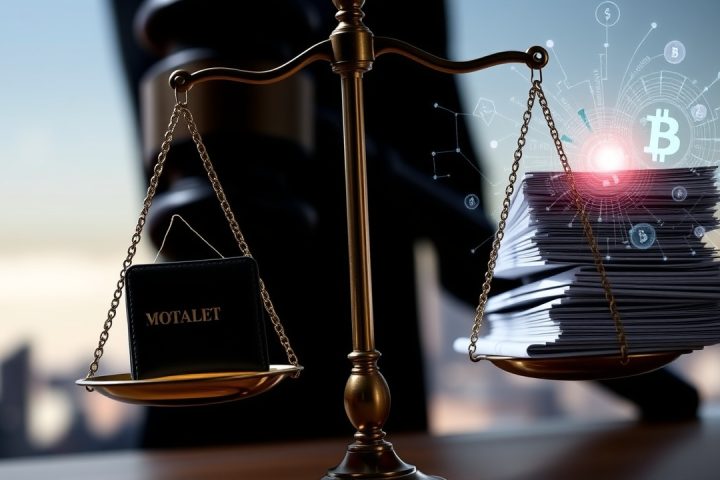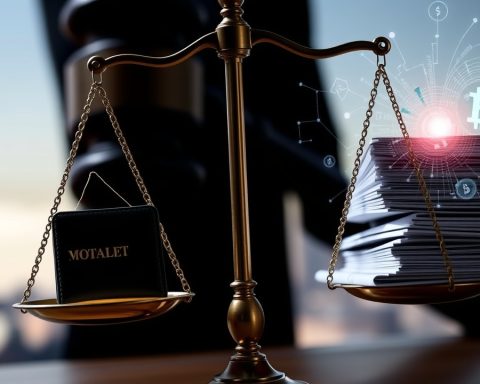Coinbase’s Landmark Release of Government Documents
In an unprecedented move towards accountability in the cryptocurrency sector, Coinbase has released a comprehensive archive of over 10,000 pages of undisclosed governmental documents, which were previously kept confidential. This archive was made possible through Coinbase’s ongoing efforts under the Freedom of Information Act (FOIA) and serves to highlight the inconsistencies and potential mismanagement within regulatory approaches concerning digital currencies.
Transparency and Public Accessibility
Last week, Chief Legal Officer of Coinbase, Paul Grewal, took to social media platform X (formerly Twitter) to announce the unveiling of these crucial documents. In his statement, he emphasized the importance of government transparency, stating:
“Coinbase is sharing all the docs we’ve received in our ongoing FOIA campaigns with various government regulators – including 10,000+ pages of previously unpublished docs. Government transparency shouldn’t be a privilege.”
This substantial collection includes insights and communications from major regulatory bodies such as the U.S. Securities and Exchange Commission (SEC) and the Federal Deposit Insurance Corporation (FDIC). It is now available for public review in the newly established Coinbase FOIA Reading Room. The aim, as articulated by the company, is to shed light on the behind-the-scenes regulatory actions affecting the crypto industry, underlining the need for openness in governmental processes.
Key Findings and Regulatory Insights
Among the documents are significant findings such as:
- Internal emails that reference a “crypto regulatory gap”.
- A 2019 acknowledgment from the SEC that contradicts subsequent public statements aimed at downplaying regulatory uncertainties.
- A communication from the New York Attorney General’s Office in 2023, which encourages the SEC to submit an amicus brief in a prominent case regarding ethereum’s classification as a security, illustrating the complex interplay of legal interpretations.
Despite the potential for meaningful insights, Coinbase faced initial pushback during its FOIA requests, encountering significant redactions and outright denials from regulatory agencies. This led to the company enlisting the help of History Associates Inc., a third-party expert, to pursue legal action against these federal agencies for noncompliance.
The Broader Implications of Coinbase’s Campaign
Grewal emphasized that the fight for transparency extends beyond Coinbase itself and touches upon the rights of the estimated 52 million Americans engaged in cryptocurrency. He argues that this campaign is pivotal in challenging the prevalent notion that regulatory actions can remain opaque in enforcement—an approach which many in the crypto community believe should be replaced with clearer, rule-based governance rather than rulemaking through litigation.

















